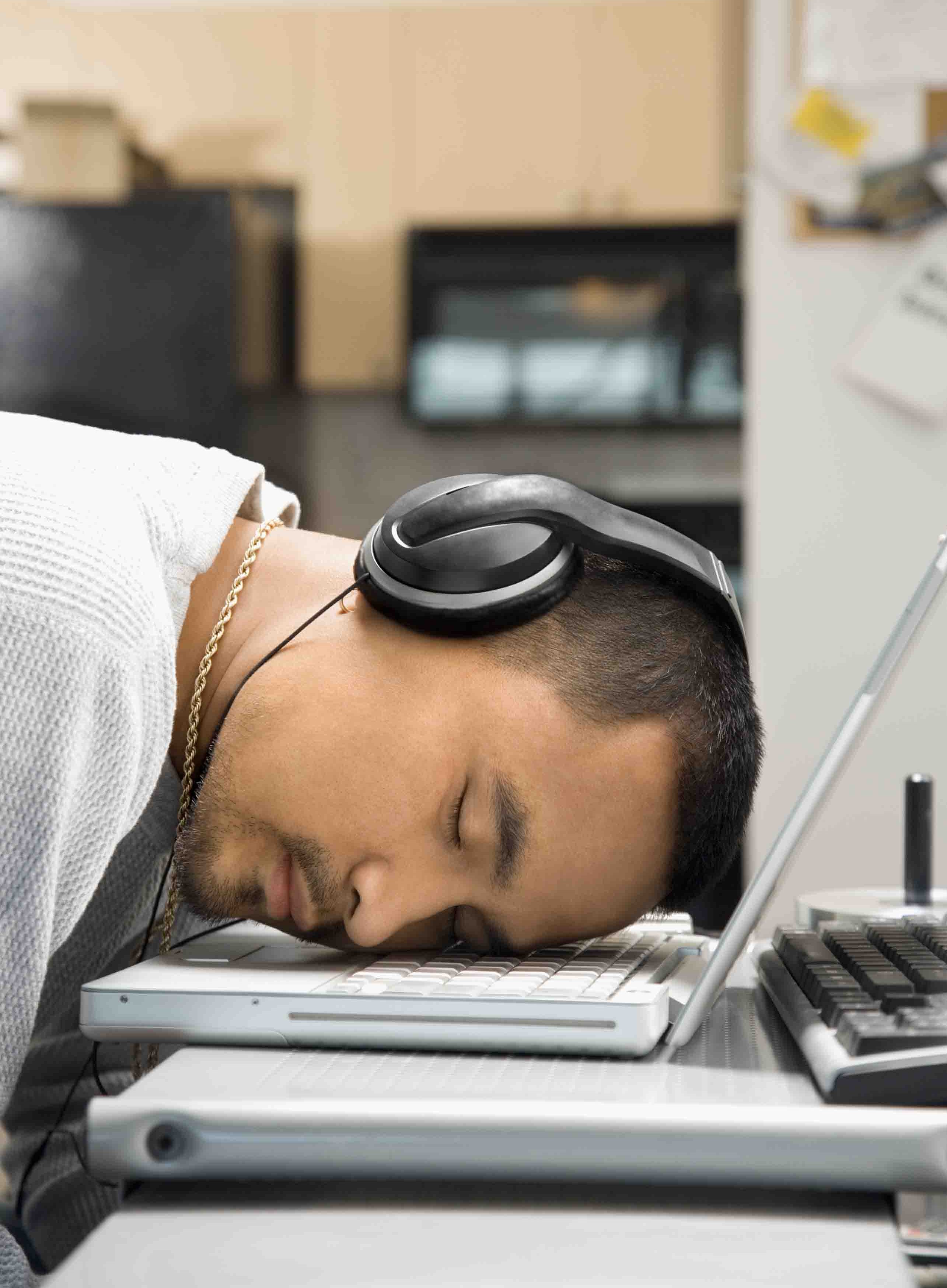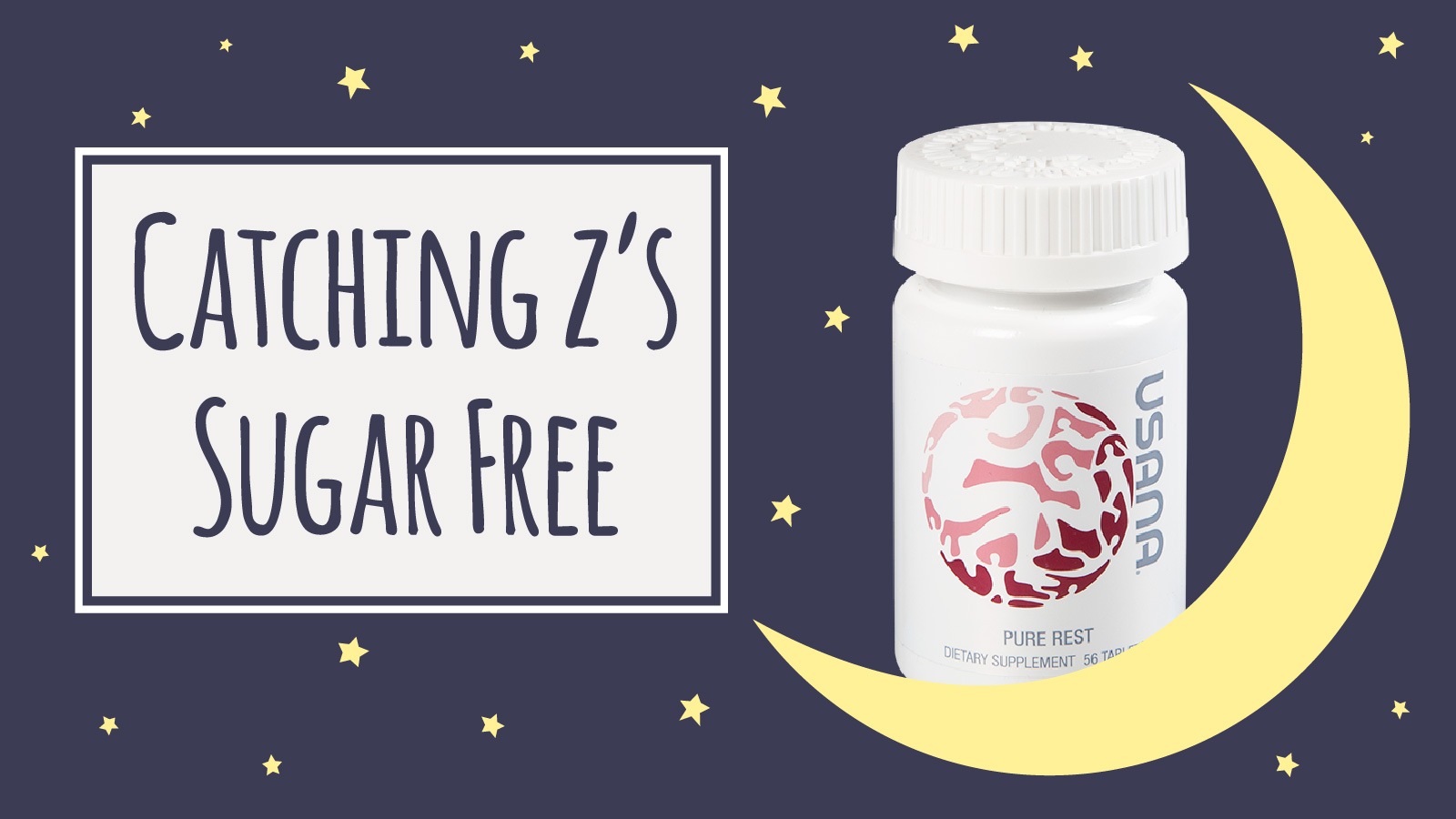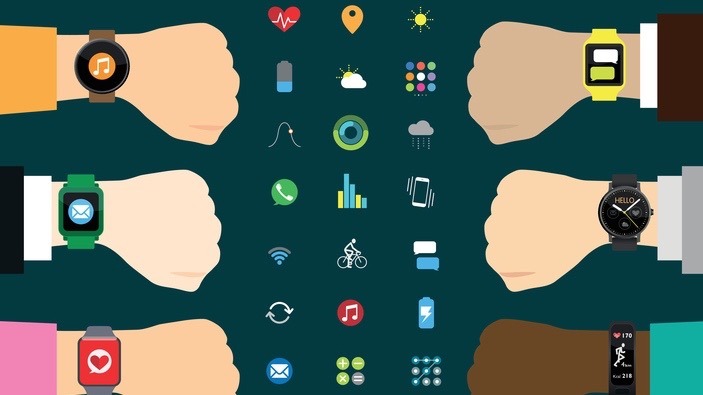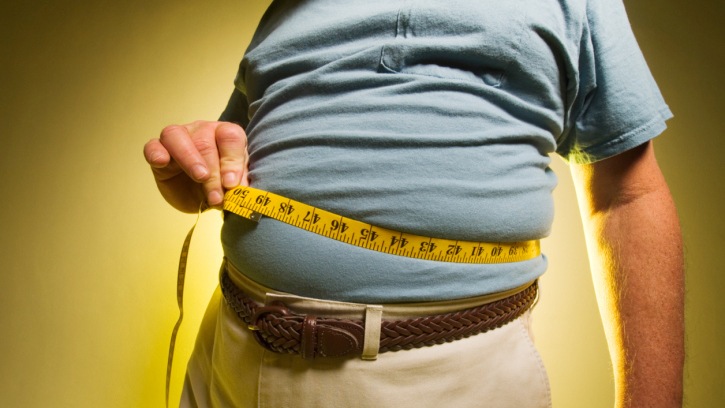Fact or Fiction: More Sleep Means More Productivity
 Over the years, I’ve always been told how important it is to get a good night’s sleep. But where I sometimes get confused is what actually constitutes a “good” night of sleep.
Over the years, I’ve always been told how important it is to get a good night’s sleep. But where I sometimes get confused is what actually constitutes a “good” night of sleep.
Many medical professionals describe sleep deprivation as a huge issue affecting a substantial number of people in the world, claiming we should always shoot for no less than nine hours every night. That sounds like a lot of sleep to me, but hey, what do I know, right?
All of this got me thinking about Fact or Fiction and how the topic of sleep would be interesting to explore. Does sleep really have a significant impact on our productivity? And if so, how many hours do we need? Let’s do a little digging and see what the facts say about our sleeping patterns.
Why We Need Sleep
Besides the obvious benefit of restoring the body’s energy supplies, getting a good night’s sleep is necessary for a number of reasons. Think of it as time to give your body a daily tune-up, helping it to run as smoothly as possible the next day.
 While you sleep, muscle tissue is rebuilt and restored, important growth hormones are secreted, and mental energy is renewed. Most likely, you’ve been awake for around 16 hours, performing daily tasks and interacting with co-workers, peers, and family members.
While you sleep, muscle tissue is rebuilt and restored, important growth hormones are secreted, and mental energy is renewed. Most likely, you’ve been awake for around 16 hours, performing daily tasks and interacting with co-workers, peers, and family members.
Taking time to rest the brain helps reorganize and store all the information you’ve taken in throughout the day. This resting period is also important for your memory, creativity, attention span, and metabolism.
On the other hand, a lack of sleep can negatively affect these important functions of the brain and body. Besides slowing down cognitive processes such as alertness, concentration, reasoning, and problem solving, sleep deprivation can also affect your physical well-being. Coordination, agility, and endurance are reduced when the body lacks the energy normally gained from a solid night of sleep.
Fact or Fiction
Okay, so maybe this wasn’t the craziest of facts to uncover. It’s pretty clear that sleep leads to a happier, more productive state of being. So, yes, it’s important, but you should also be making choices that lead to healthy sleeping patterns.
 Through my research, I found that the typical seven- to nine-hour sleep recommendation really is healthy for most people. Although, the true amount of sleep a person needs will vary from individual to individual. The National Sleep Foundation gives sleep recommendations based upon age. They suggest that school-age children (5–10) need 10-11 hours of sleep daily; pre-teens and teens (10-17) need 8.5-9 hours; and adults need 7-9 hours.
Through my research, I found that the typical seven- to nine-hour sleep recommendation really is healthy for most people. Although, the true amount of sleep a person needs will vary from individual to individual. The National Sleep Foundation gives sleep recommendations based upon age. They suggest that school-age children (5–10) need 10-11 hours of sleep daily; pre-teens and teens (10-17) need 8.5-9 hours; and adults need 7-9 hours.
As far as healthy sleeping habits that will lead to quality rest every night, try out these helpful tips (many of these can be found in The Healthy Home book written by Dave Wentz and Dr. Myron Wentz):
- Develop a pre-bedtime wind-down routine that you complete every night to prepare yourself for sleep — it’s not just for kids.
- Go to bed at the same time every night and rise at the same time every morning.
- Make your room as dark as possible. This will optimize your body’s melatonin production — the natural hormone that regulates your sleep patterns. Special blackout curtains can help with this.
- Distance yourself from electronic devices that emit light and other electromagnetic currents that can disrupt sleep, such as Wi-Fi devices.
- Make the temperature in your home comfortable as you prepare to go to sleep. Most people turn the thermostat down a few degrees.
Catch Some ZZZs
There you have it — sleep is crucial to your health and well-being. Now that you have some solid information, start working on your own sleeping pattern and make sure to stay rested.
And remember: if you travel a lot and suffer from jet lag or periodically have commitments that disrupt your sleep routine, try USANA’s Pure Rest™ to tip the sleep balance in your favor.
*These statements have not been evaluated by the Food and Drug Administration. This product is not intended to diagnose, treat, cure, or prevent any disease.











Leave a Reply
Want to join the discussion?Feel free to contribute!